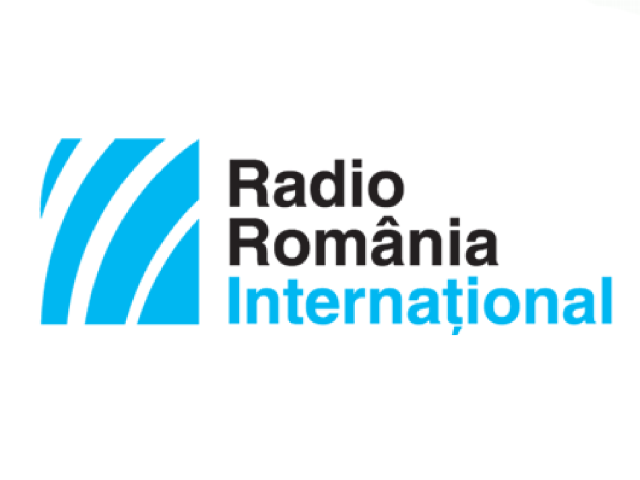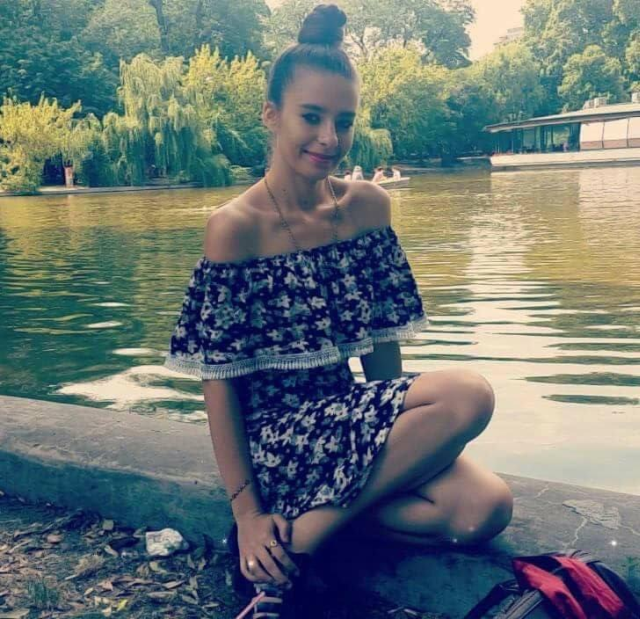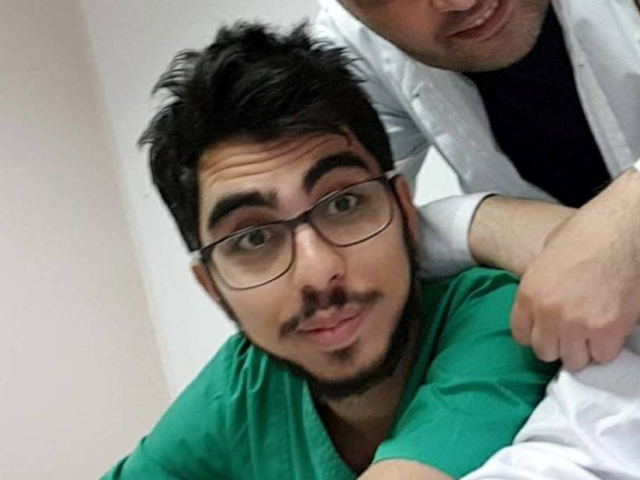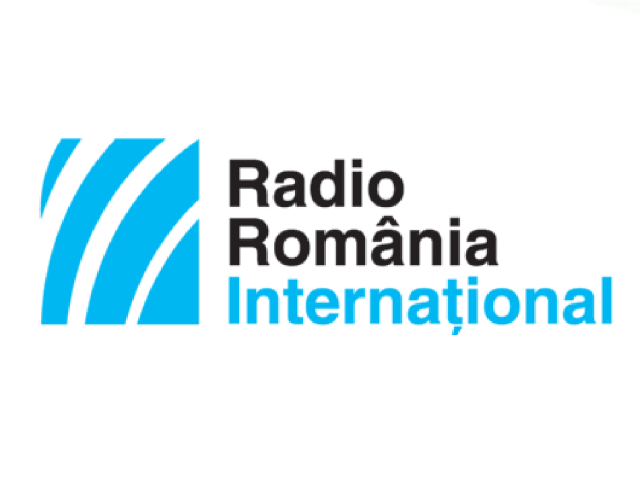Maria Elena Ballestero of Venezuela
In Romania when someone taps his or her index finger on the cheek repeatedly this means in non-verbal communication “shame on you”. When you go and visit somebody, you usually bring flowers to the hostess, and when you are invited to a wedding you usually buy a present for the couple. For many Romanians these are basic gestures, but not for Maria Elena Ballestero. When she first came to Romania, 13 years ago, she had to learn not only the Romanian language but also the Romanian history, geography and local customs.
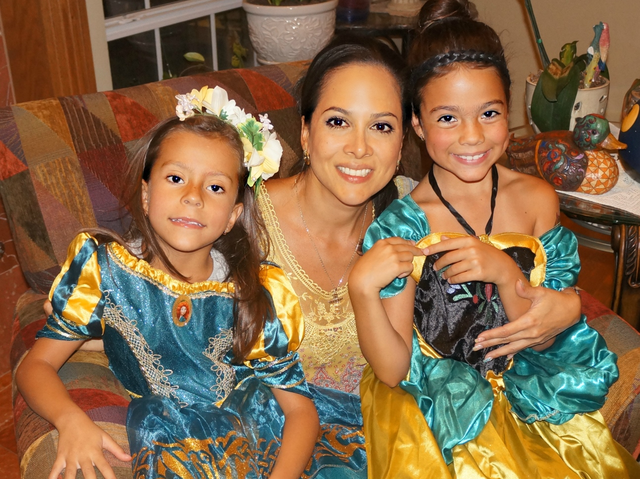
Roxana Vasile, 12.02.2015, 13:40
In Romania when someone taps his or her index finger on the cheek repeatedly this means in non-verbal communication “shame on you”. When you go and visit somebody, you usually bring flowers to the hostess, and when you are invited to a wedding you usually buy a present for the couple. For many Romanians these are basic gestures, but not for Maria Elena Ballestero. When she first came to Romania, 13 years ago, she had to learn not only the Romanian language but also the Romanian history, geography and local customs.
“The first obstacle was the language. All my energy focused on learning Romanian and I signed up for a Romanian language course at the Cervantes Institute in Bucharest. After 10 years I had the legal right to obtain Romanian citizenship. Of course one of the conditions was to have a very good command of the language. The examination consisted in a dictation and reading test. But they also tested my general knowledge of Romania: geography, history, Romania’s Constitution and the anthem. I was asked, for example, about a Romanian traditional desert called papanasi, a cheese doughnuts with jam topping. Normally you don’t find this piece of information in books. You find out about it after you have lived in Romania for a while. I knew about papanasi, I even knew the recipe.”
Why did Maria Elena Ballestero want to obtain the Romanian citizenship although that implied a lot of effort? After 10 years spent in Romania she had already become the mother of 2 girls and she wanted to have the same rights as her children and the Romanian citizens and feel fully integrated into the country of her Romanian husband at the time.
“I was happy to realise that Romanians are a very welcoming and hospitable people, and this attitude was of great help to me, because I felt that people were willing to know about other cultures. I have never felt discriminated against or rejected. The system, and I’m referring to the whole bureaucracy part, is, however, very sluggish. But I was lucky enough that 6 months after I arrived in Romania I found a job in an international company, thus becoming a part of the Romanian economic system.”
Maria Elena Ballestero has integrated into the Romanian society gradually and her views on Romania have also changed in time:
“When I arrived in Bucharest I found the city very bleak. All I could see was communist buildings, old means of transport and roads full of holes. I was quite depressed. But I think you can’t help making comparisons when you move to a different country. So, at first I used to criticise everything. Then my attitude changed as I started working, meeting more Romanians, travelling around the country. I travelled to the north, to Maramures, I made a tour of the monasteries of Moldavia, which I’m in love with, I went to the Danube Delta, the Black Sea, I visited Brasov, Sibiu, and so on. Each place has its own charm and people are very welcoming. I have gradually made friends and because my husband was Romanian my adjustment was easier. Unfortunately, seeing how my native country Venezuela has regressed, I thanked God that I am now living in Romania. I never thought I could ever think that. I feel very lucky.”
However deep down in her soul Maria Elena Ballestero remains 100% Venezuelan because nobody can forget or deny their roots. For Romania she has great affection because this is the country where her children were born.

